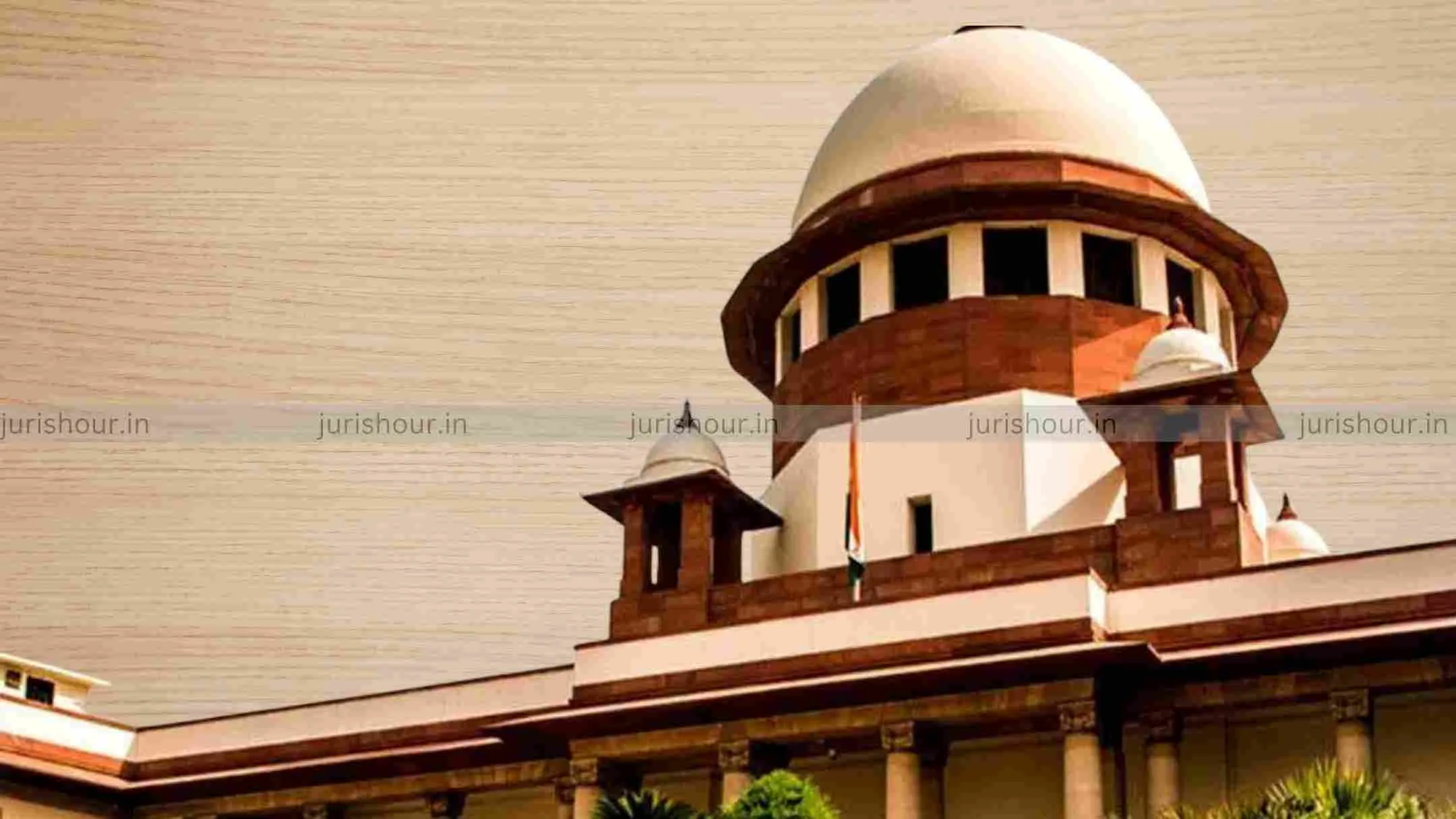The Supreme Court has ruled that taxpayers retain the right to appeal even after paying tax and penalty under protest to secure release of detained goods under Section 129(1)(a) of the CGST/SGST Acts.
The ruling passed by bench of Justices J.B. Pardiwala and R. Mahadevan mandates that tax authorities must issue a reasoned final order, irrespective of voluntary or compelled payment, to uphold the constitutional right to appeal.
Background of the Case
The case, M/s ASP Traders vs State of Uttar Pradesh & Ors [Civil Appeal No. 9764 of 2025], arose after ASP Traders, a Karnataka-based arecanut dealer, transported 17,850 kg of dry arecanut valued at over ₹51.72 lakh to Delhi. During transit, seven bags went missing during a vehicle transhipment. On January 17, 2022, the consignment was detained by a GST Mobile Squad in Jhansi citing alleged discrepancies in documentation and quantity.
Although ASP Traders submitted a reply to the show cause notice under Section 129(3) of the CGST Act, it paid ₹7.20 lakh in tax and penalty under protest via Form GST DRC-03 on January 27, 2022, to secure release of the goods. However, no final adjudication order was issued in Form GST MOV-09 as required by law. The appellant’s subsequent requests for a formal order were ignored, prompting the firm to approach the Allahabad High Court, which dismissed the plea stating the proceedings stood concluded under Section 129(5).
The appeal questioned whether a final order under Section 129(3) is mandatory even after tax and penalty are paid? Whether the payment can be construed as voluntary when made under business compulsion? Whether the taxpayer’s statutory right to appeal under Section 107 of the CGST Act is violated in the absence of a formal adjudication.
The Court emphatically ruled in favour of the taxpayer, setting aside the High Court’s decision. The apex court clarified“Every show cause notice under Section 129(3) must culminate in a reasoned, speaking order in Form GST MOV-09 and its summary in DRC-07, even if tax and penalty are paid. This ensures the taxpayer’s right to appeal remains intact.”
Rationale
Deemed Conclusion ≠ Waiver of Rights: Payment under Section 129(1) doesn’t imply that the taxpayer has waived their right to challenge the demand.
Statutory Obligation of Adjudication: Once a notice is issued under Section 129(3), adjudication becomes mandatory—even if payment is made.
Right to Appeal Must Be Preserved: The court held that without a reasoned order, the right of appeal becomes “illusory,” contravening Article 265 of the Constitution which prohibits tax collection without legal authority.
Procedural Mandates Apply: The judgment stressed compliance with Rule 142(5) and CBIC Circular No. 41/15/2018-GST, which require issuance of MOV-09 and uploading of DRC-07 for formal closure and appeal purposes.
Payment Under Protest Recognized: The Court acknowledged that tax payments made due to “business exigencies” do not amount to voluntary acceptance of liability.
Direction to Authorities
The Court has directed the Assistant Commissioner (Mobile Squad), Jhansi, to pass a reasoned order in Form GST MOV-09 within one month; Upload the corresponding summary in Form GST DRC-07; and Allow ASP Traders to pursue appeal remedies thereafter.
Case Details
Case Title: M/S ASP Traders Versus State Of Uttar Pradesh & Ors.
Case No.: Civil Appeal No. 9764 Of 2025
Date: July 24, 2025

